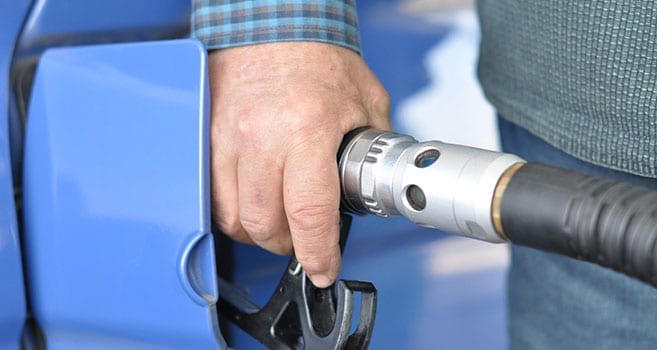CJEU’s Judgement in Case C-235/18 Vega International of 15 May 2018 may contribute to a change in the taxation of fuel cards in Poland
On 15 May 2019, the CJEU gave a judgement in Case C-235/18 Vega International Transport and Logistic – Trading GmbH vs. the Director of the Tax Chamber in Warsaw, which will probably play a significant role in the taxation of settlements made with the use of fuel cards in Poland.
Facts
An Austrian company, Vega International, deals with the transport of commercial vehicles from the factory directly to customers. The services are provided through subsidiaries from various Member States, including Poland.
Vega International organizes and supplies subsidiaries with personal fuel cards and settles all transactions made with the use of these cards.
Vega International is provided by the filling stations where the drivers tank up with fuel invoices confirming the purchase of fuel. The company then passes these costs (increased with a surcharge) on a periodic basis onto its subsidiaries – card users. In other words, Vega operates in a rather typical way – it assumes that it purchases fuel at the station and resells it to the cardholders.
Issue
In this context, the CJEU has yet again – since this is not the first ruling on fuel cards – analysed the issue from the point of view of whether the settlement is correct or whether it should rather be assumed that Vega International actually provides financial services to cardholders.
Conclusion
The Court emphasized that Vega International does not hold the fuel as the owner; There is no question of acquiring the right to dispose of the fuel as the owner and, consequently, to transfer it to cardholders. In fact, a cardholder purchases fuel directly from suppliers at its own discretion. The card holder decides in particular about:
- choosing the station on which fuel will be purchased;
- the quantity and quality of the fuel purchased;
- the time of purchase;
- the method of using the fuel,
and the card issuer has no influence on these decisions.
The CJEU also added that the fact that the card issuer receives additional remuneration prompts it to state that in the case in question there is a provision of services for consideration rather than the case of re-invoicing costs.
In the opinion of the CJEU, the card issuer acts only as an intermediary in the context of fuel purchase transactions and its role is limited to making available the payment instruments – fuel cards, thanks to which subsidiaries can purchase fuel. As a consequence, the card issuer does not purchase fuel and thus the supply of goods does not take place, instead, a financial service exempt from VAT takes place.
Consequences
This is not a surprising solution and follows of the current direction of the CJEU jurisprudence. However, this means that a fairly common practice, also applied in Poland, which involves the recognition of individual transactions as taxable supply of goods will be subject to change. And this change may result in serious consequences, in particular, in terms of deduction of input tax.
What should one do?
Taxpayers who use fuel cards should now analyse the agreements under which they use the cards in order to determine whether their settlements are correct in the light of the CJEU judgement.
It should be noted that each contract is different and it may turn out that the applied settlements are – as regards their key elements – different from the one that was examined by the CJEU. The will also be a different case in the event of holding an individual advanced tax ruling.
It is possible, however, that a change in practice will result in the need for major billing adjustments. Anyway – it is worth analysing one’s situation today.
If you are interested in the above information and its impact on your business, please contact our experts or your adviser from MDDP.

